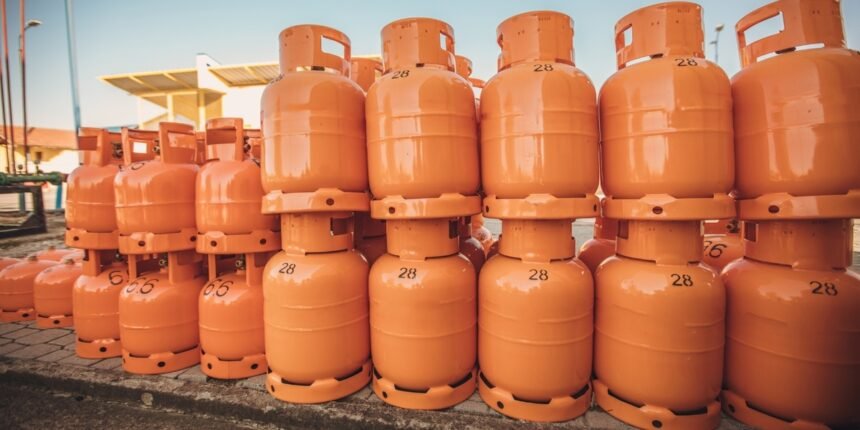The federal government has turned down a request for reduced gas tariffs aimed at benefiting export-oriented industries, citing concerns that similar concessions could trigger demands from other sectors.
According to reports, the Economic Coordination Committee (ECC), during a recent meeting, noted that concessionary tariffs on gas and re-gasified liquefied natural gas (RLNG) had already been exhausted in 2023. Officials said granting further reductions would set a precedent difficult to manage.
Read more: inDrive Heads to Dragons of Asia After Double Win
The issue arose from a petition filed by Ghani Glass in 2019 before the Lahore High Court (LHC). The company requested that the concessionary tariff of Rs600 per mmBtu, already available to zero-rated and export sectors, also be extended to the glass industry.
The petition named the Petroleum Division, OGRA, SNGPL, and FBR as respondents, while the finance and commerce ministries were added in April 2025. The LHC directed the finance ministry, commerce division, and other stakeholders to present Ghani Glass’s case to the ECC within 60 days and devise a fair policy ensuring benefits only to genuine exporters.
The court further instructed the ECC to review whether Ghani Glass should be granted tariff concessions retroactively from 2015, when similar benefits were offered to other export sectors, and to assess the industry’s export potential and contribution to foreign exchange earnings.
Read more: Honda CD70 New Model Installment Plans in Pakistan – August 2025 Update
However, the Commerce Division argued that the concession was originally introduced in 2011 for sectors making up a significant share of Pakistan’s exports. At that time, the glass industry’s exports stood at only $15.9 million, which the division described as “insignificant.” Based on this, the ECC concluded that Ghani Glass’s request for tariff concessions was not justified and formally rejected it.
The decision underscores the government’s reluctance to broaden energy subsidies amid ongoing economic challenges and fiscal constraints.


